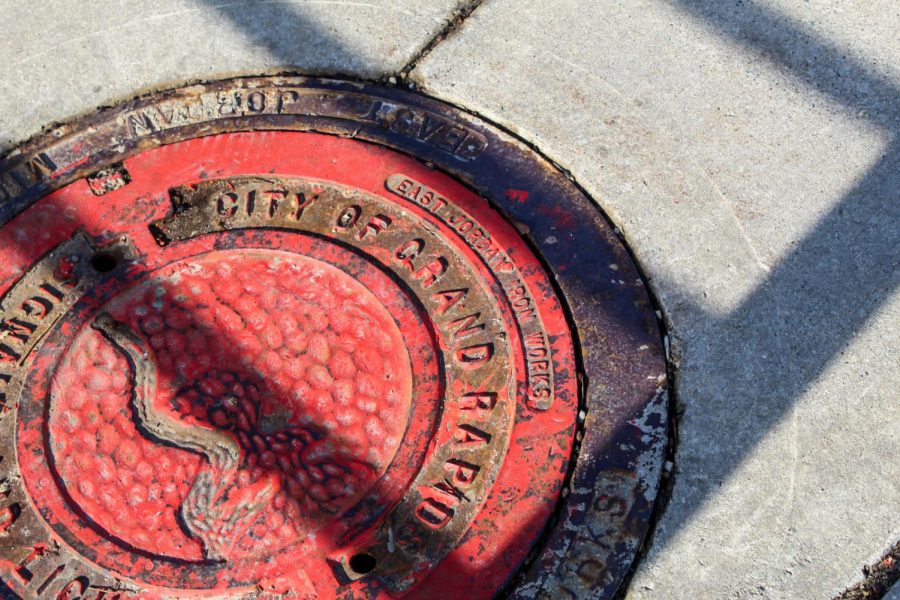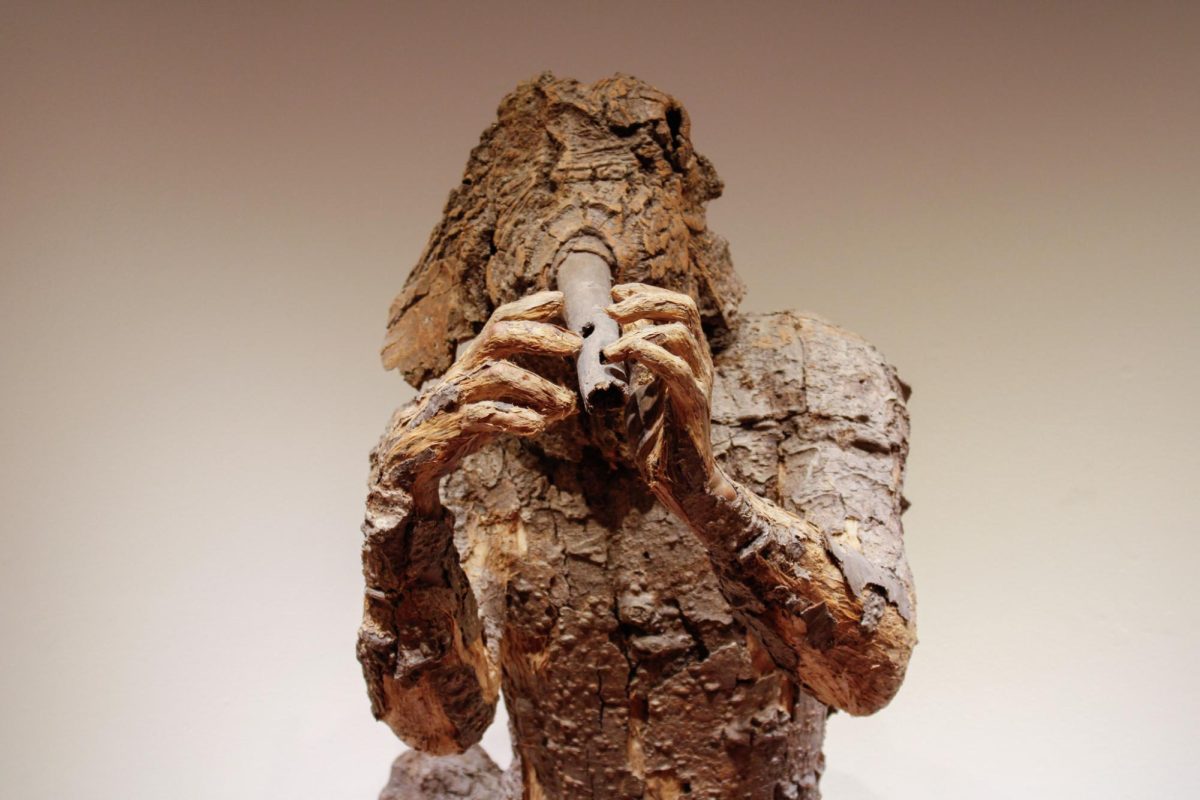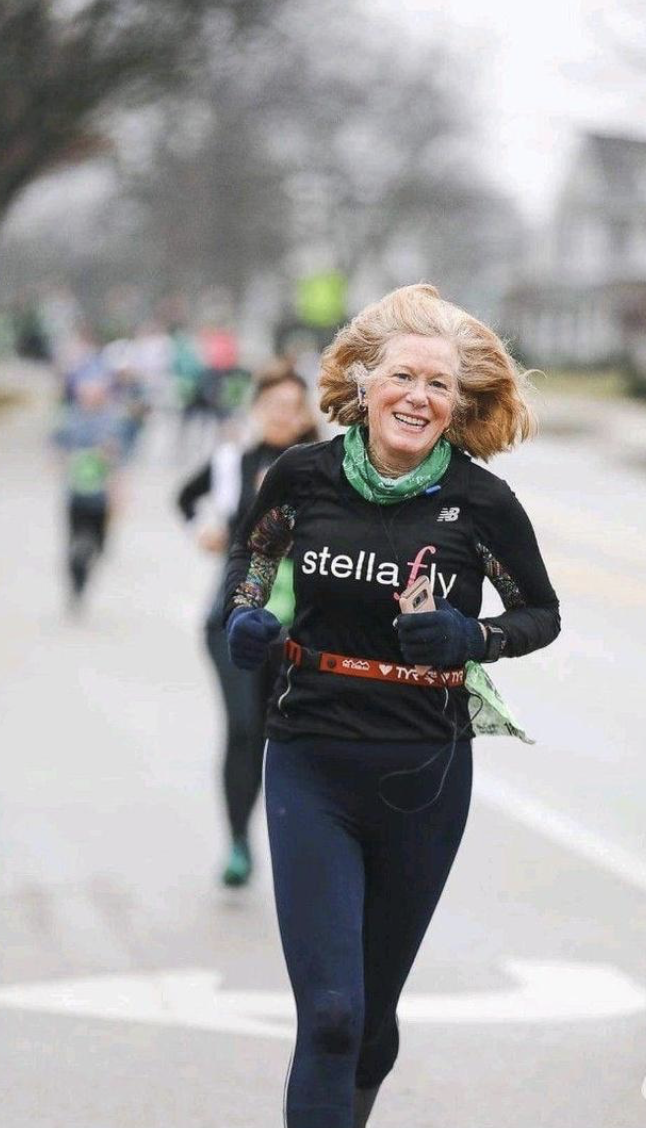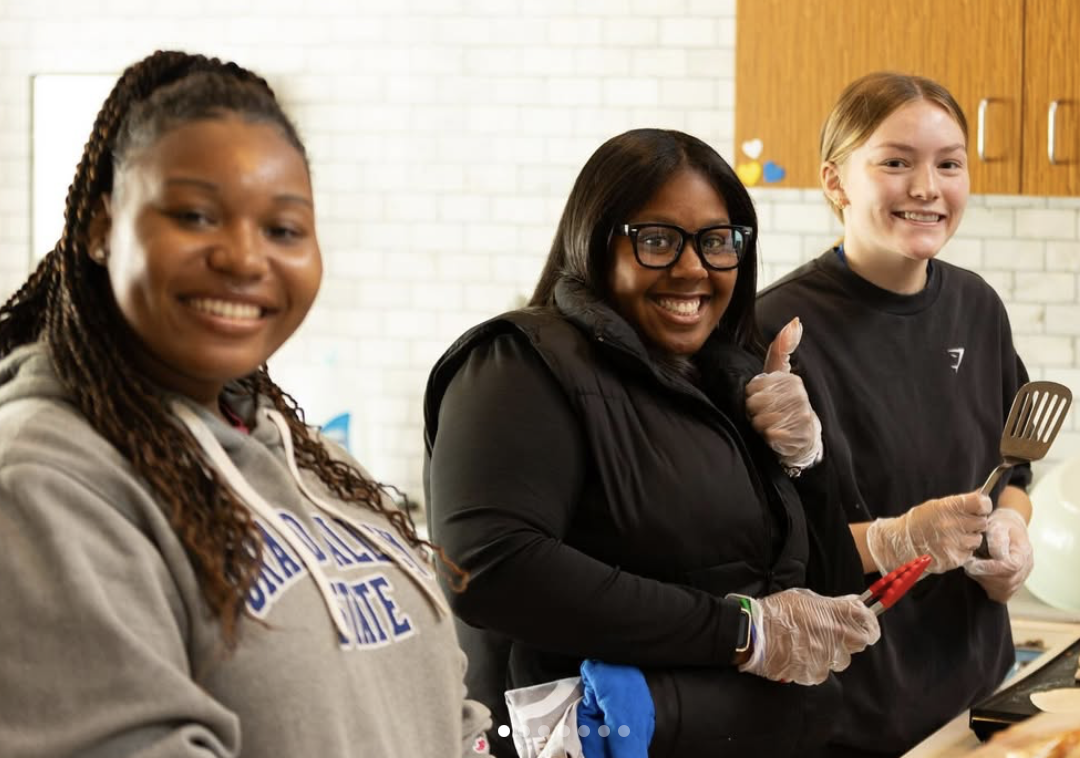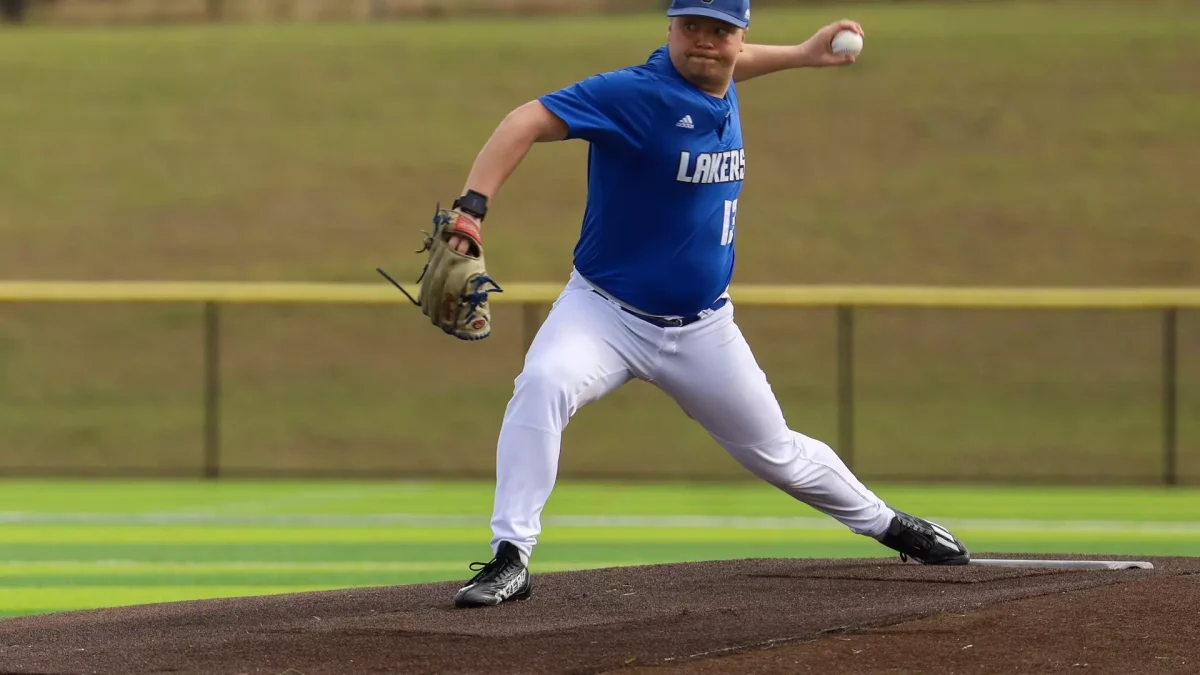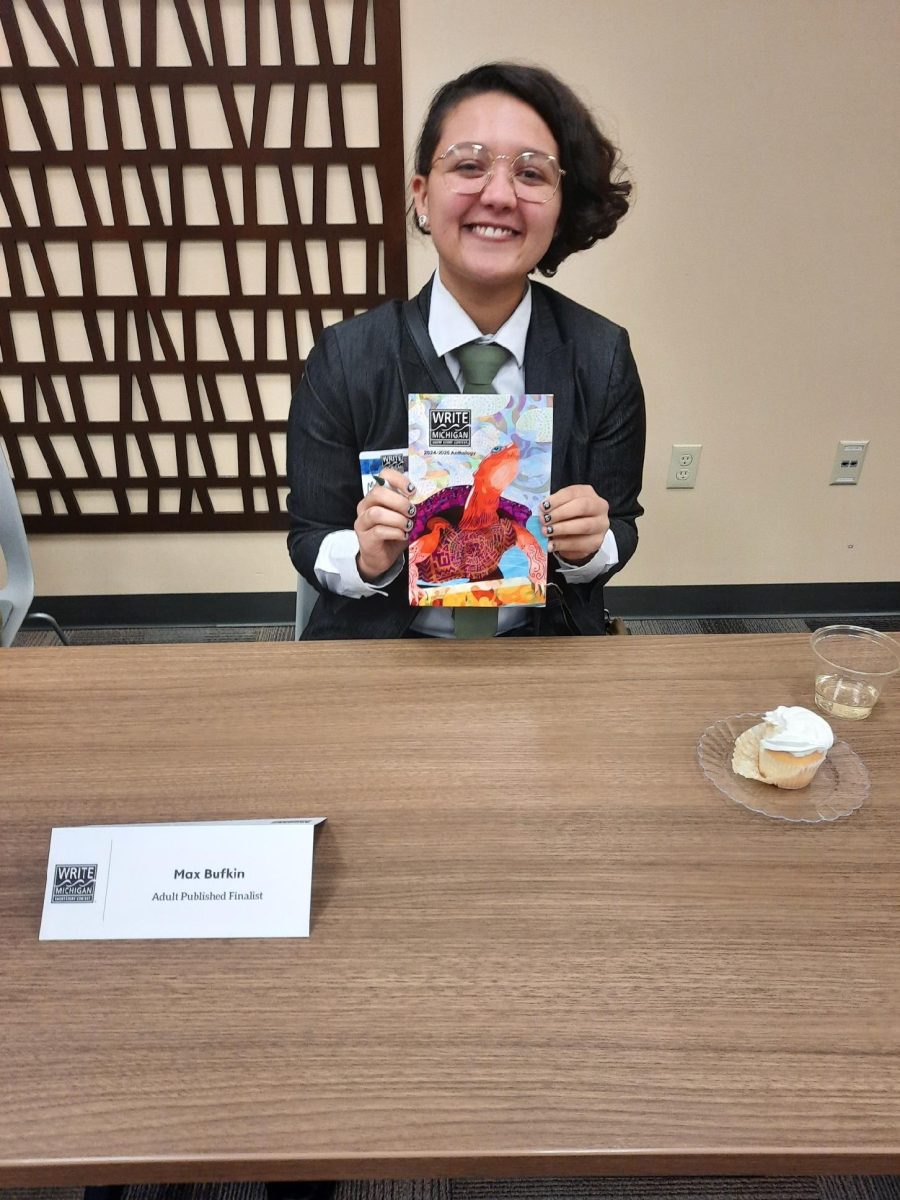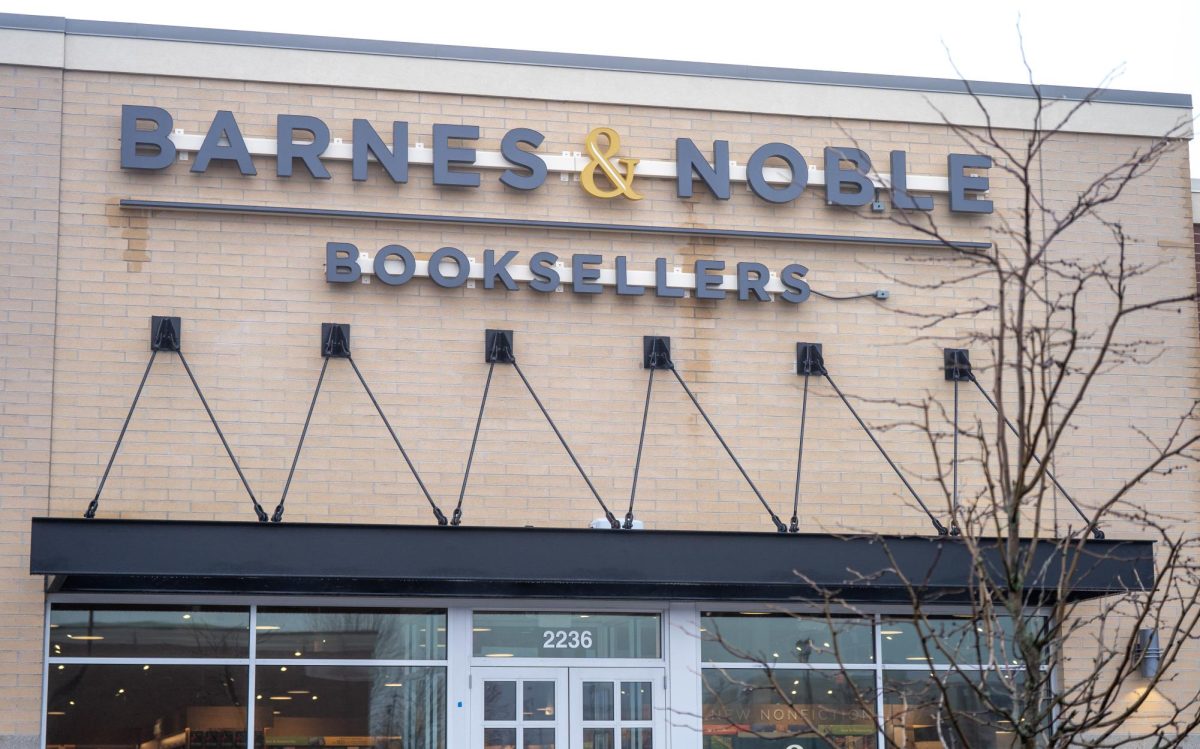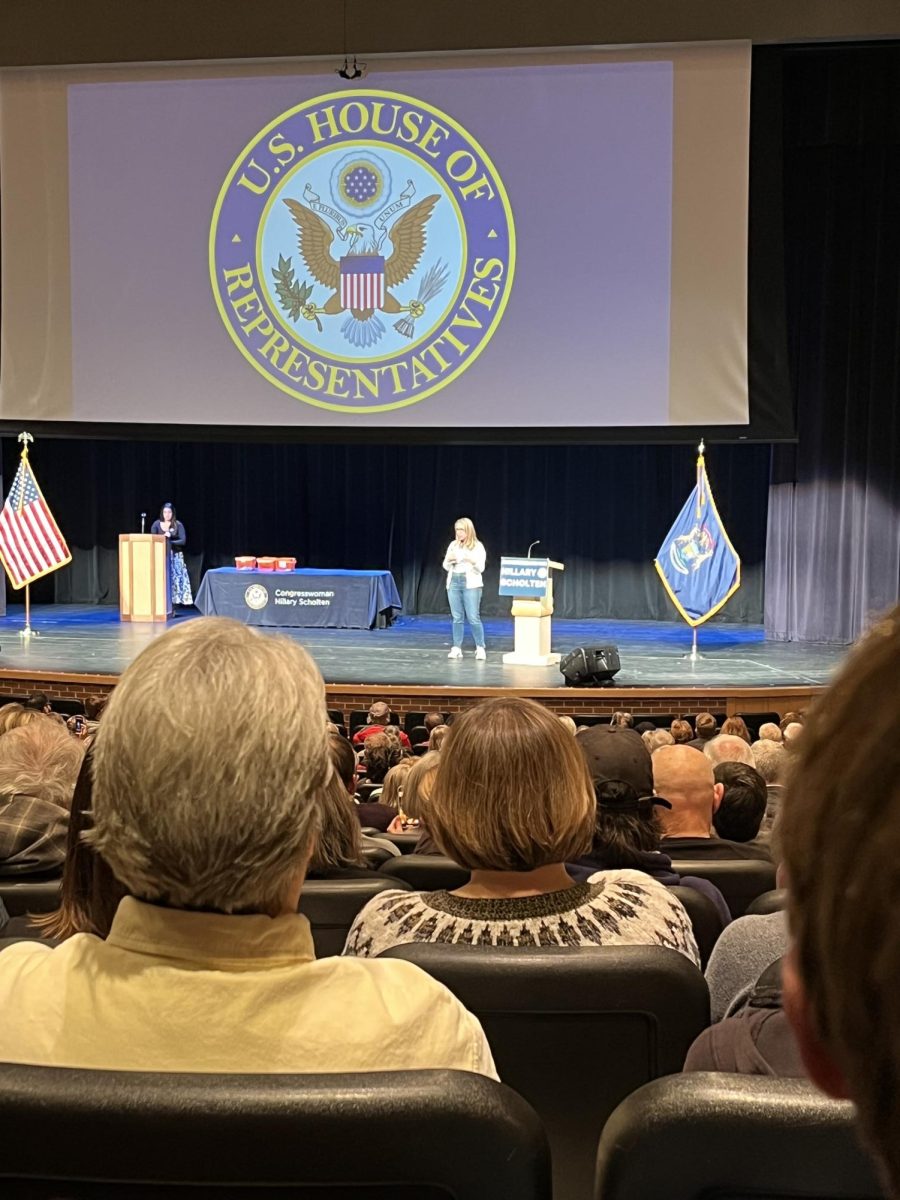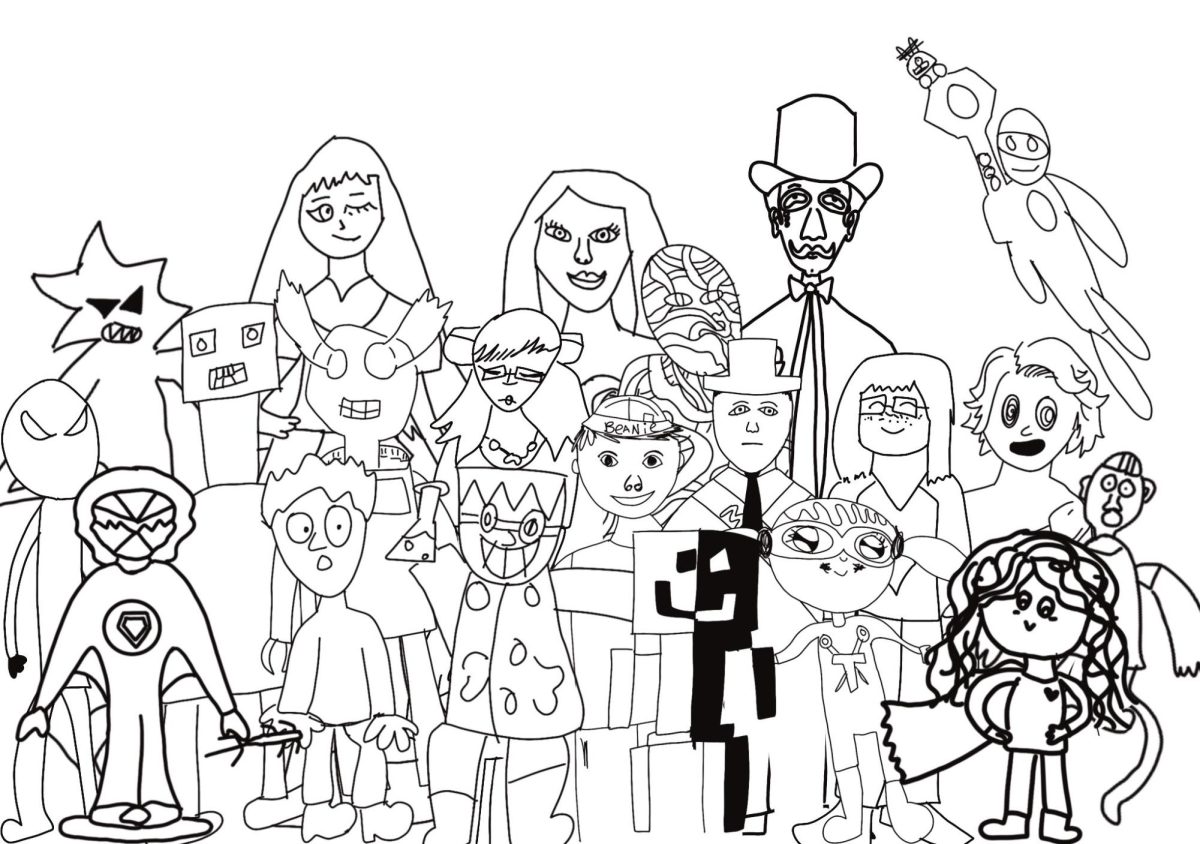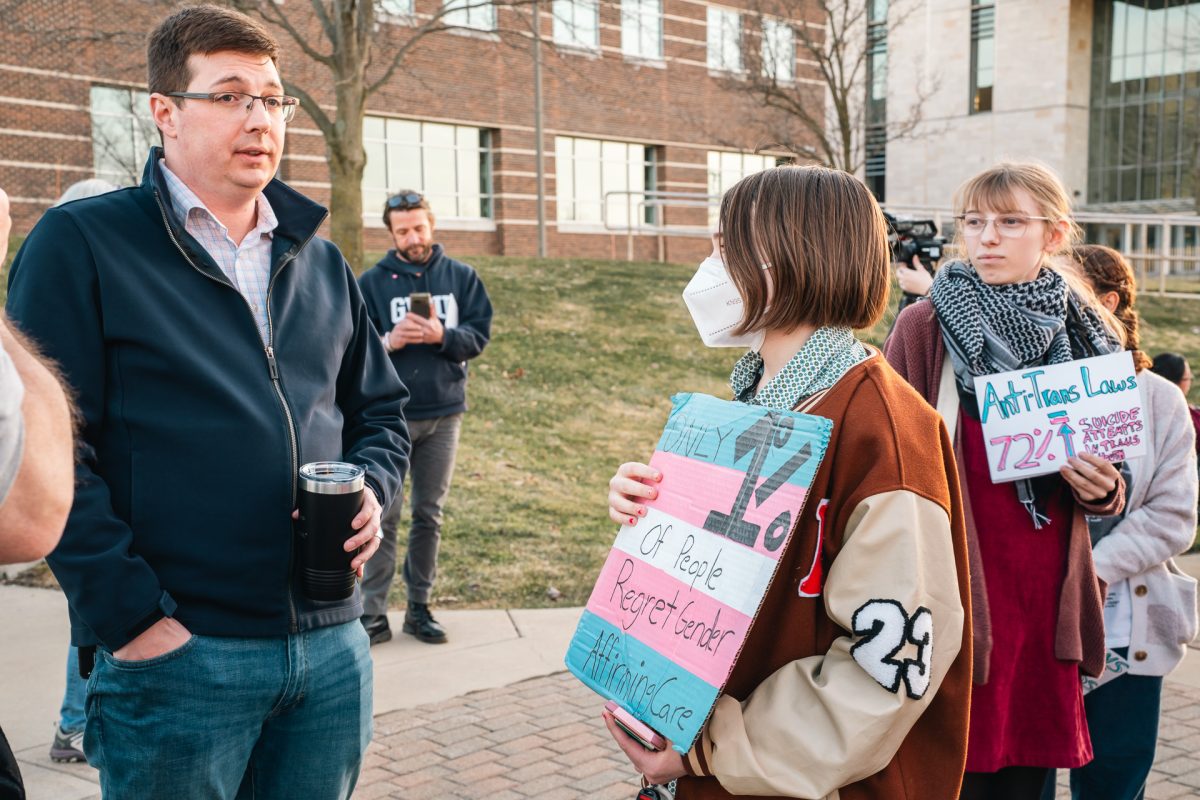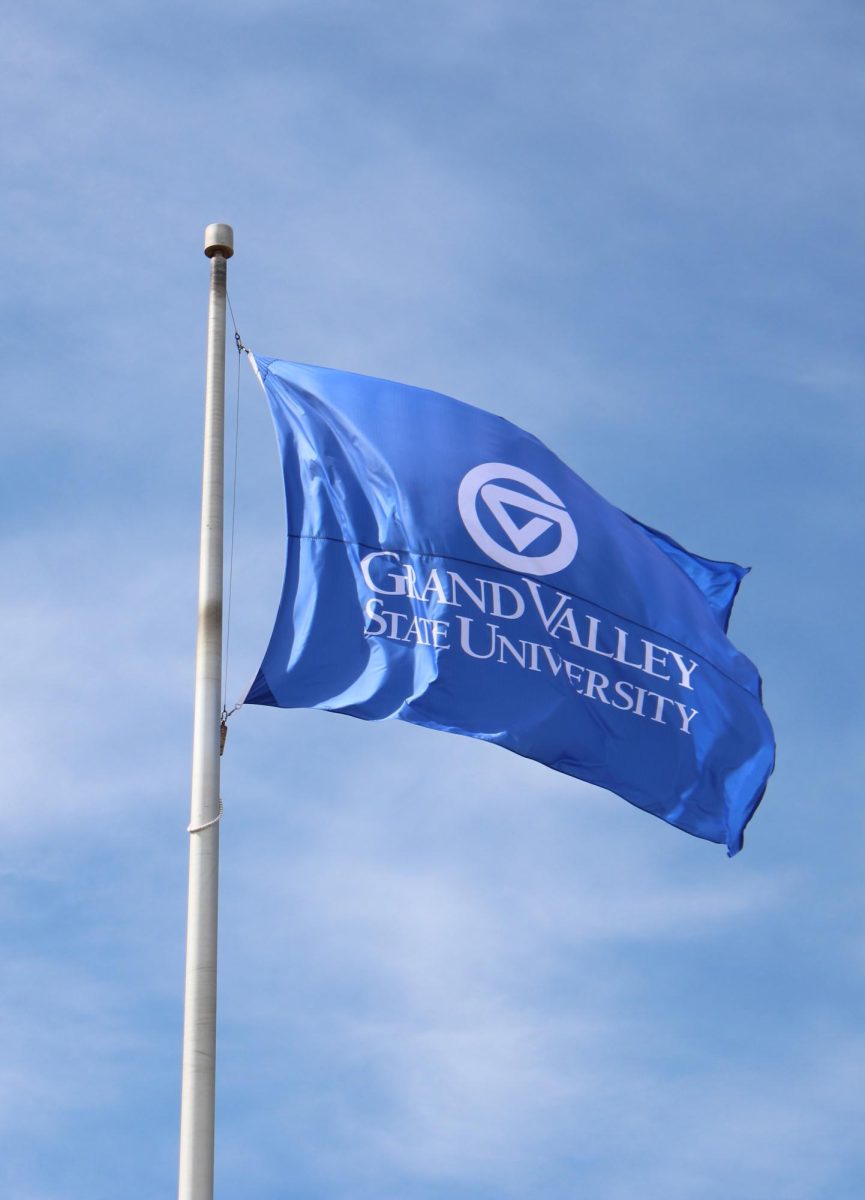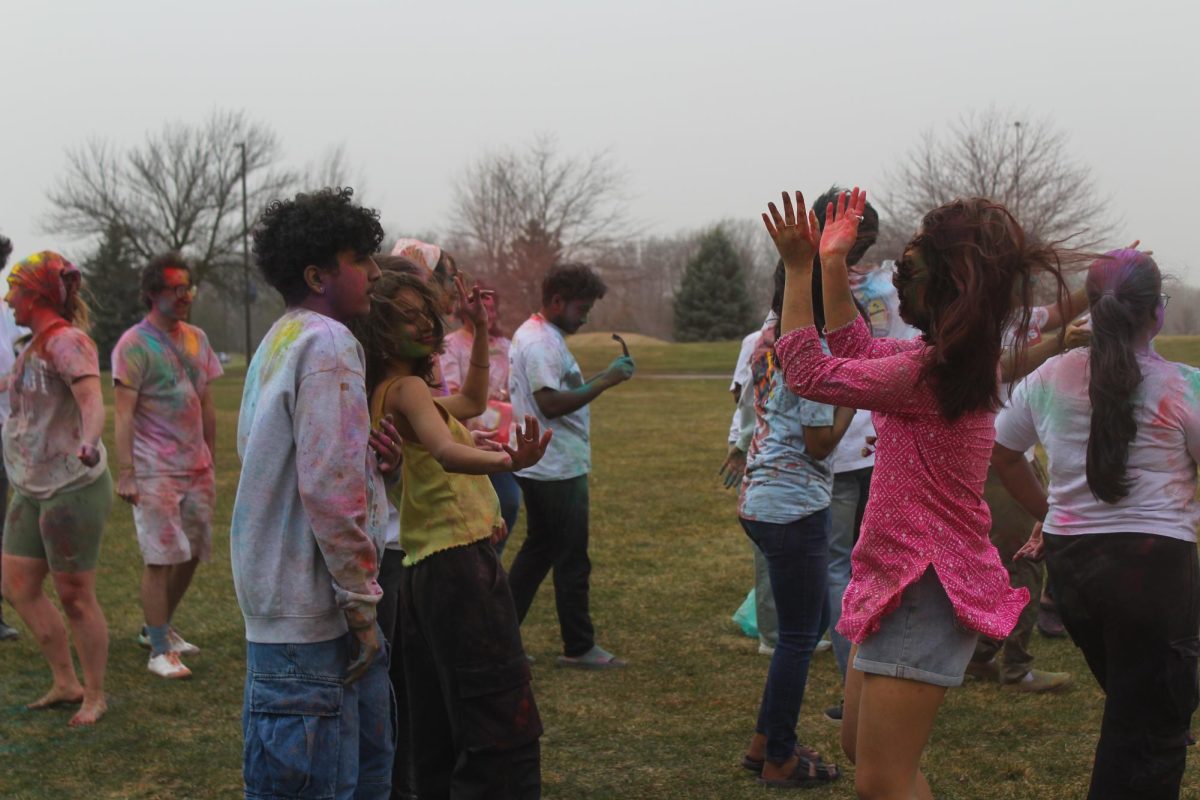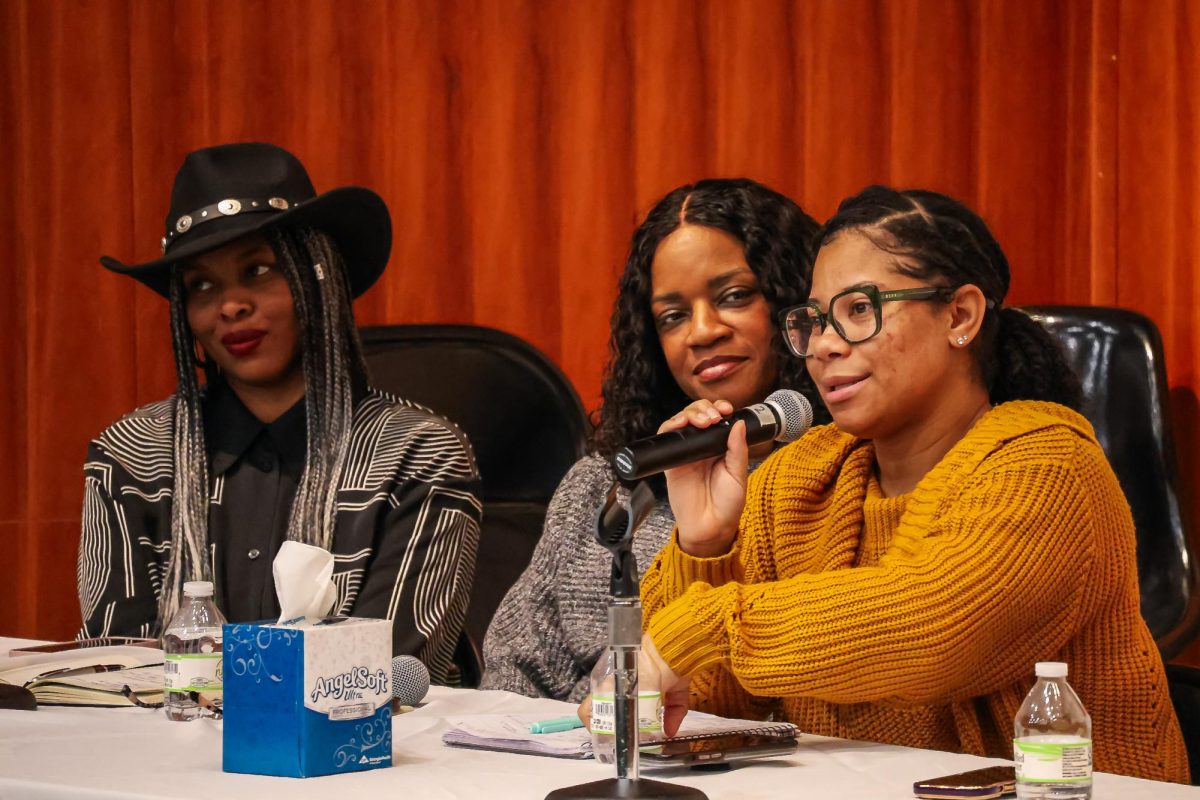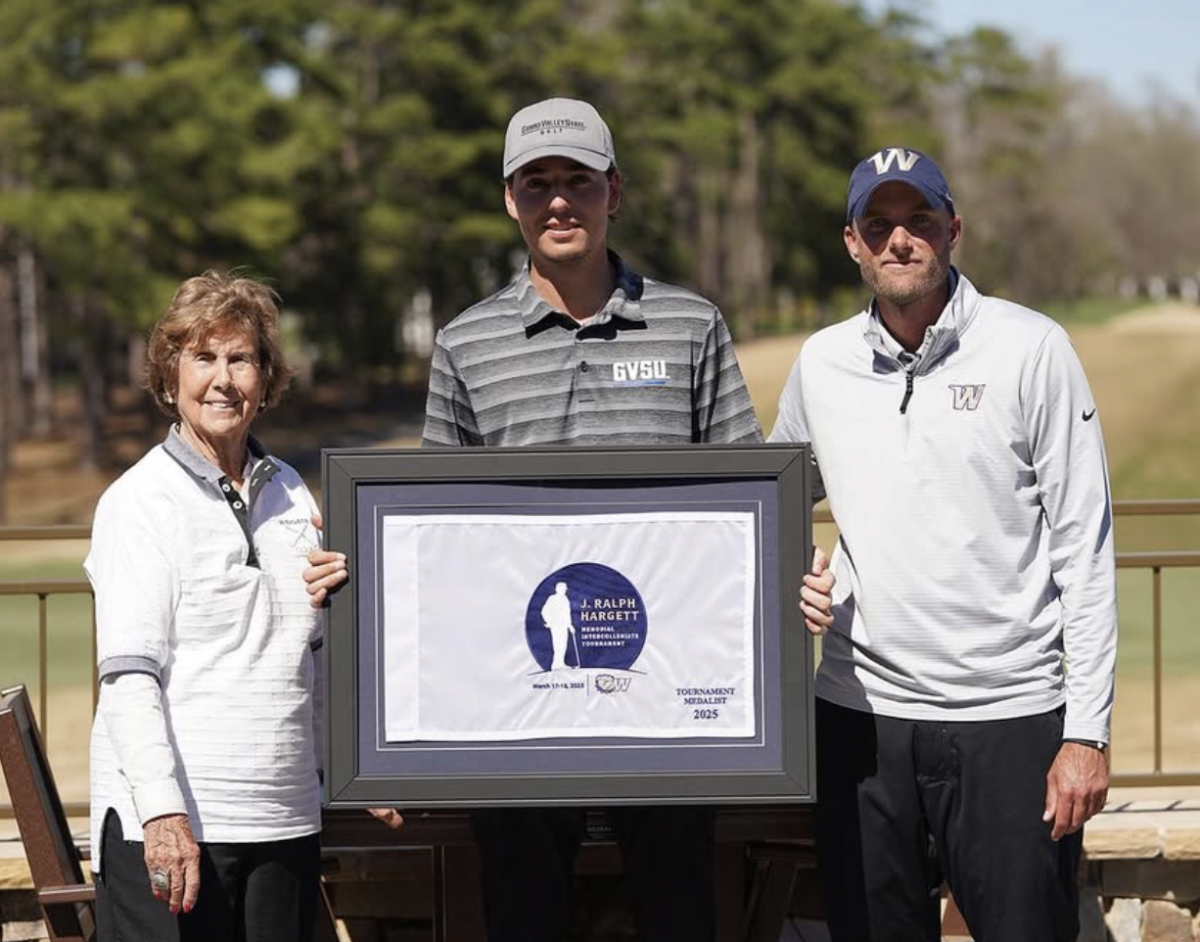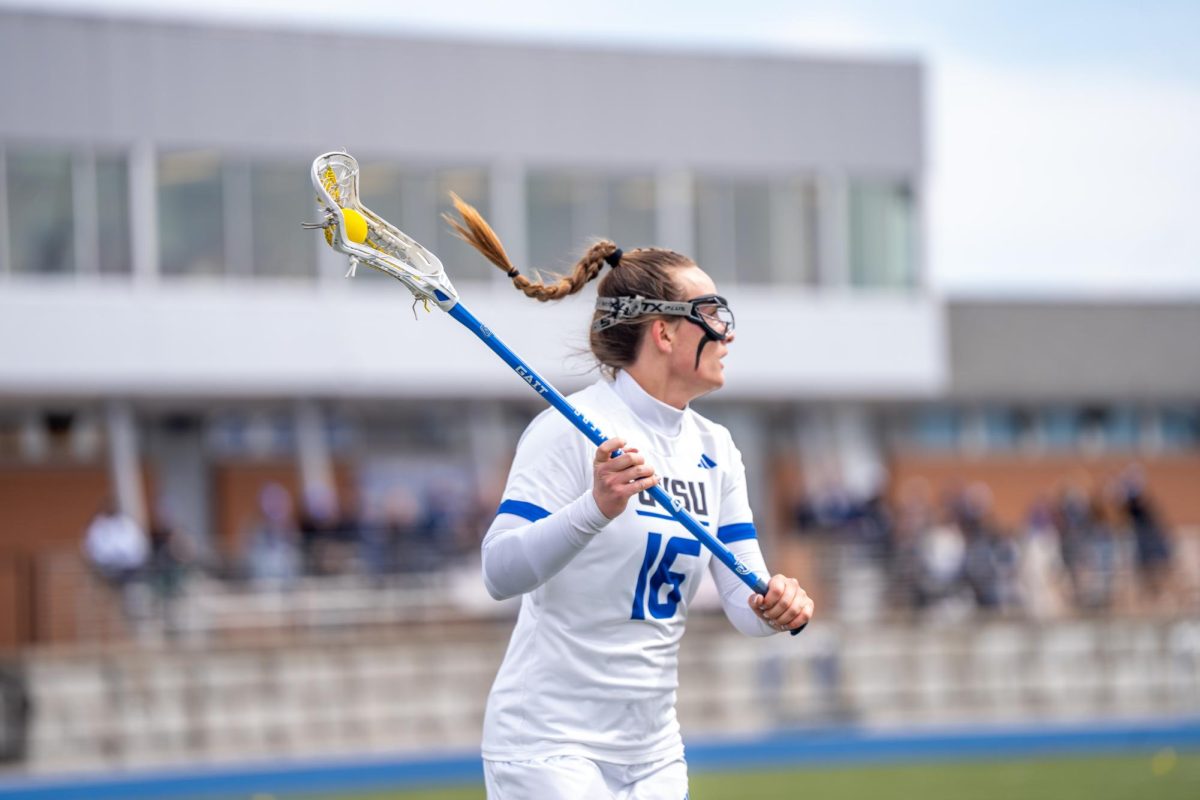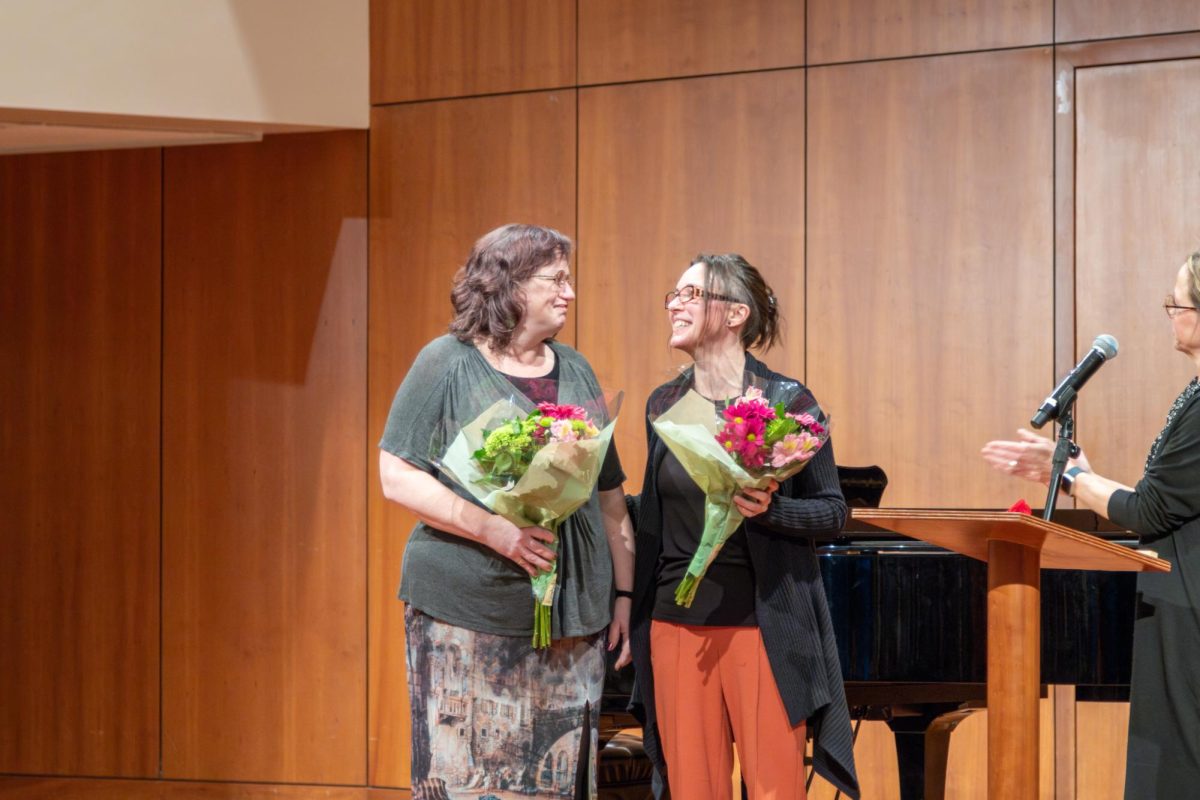GV students react to Grand Rapids State of the City address
Mar 27, 2023
On Tuesday, March 21, Grand Rapids Mayor Rosalynn Bliss gave her State of the City address.
Key features of the speech included plans to better the city of Grand Rapids based on certain criteria including police brutality, local tourism and housing.
“From policing to housing to our local economy and our environment, we are genuinely working to address root causes of issues that have simmered under the surface for generations,” Bliss said. “Now we’re not doing it by hastily pushing top-down solutions. We are working to build from the bottom up – our community coming together, shaping real solutions that actually work in our local context.”
Bliss was optimistic about the union contract approved in December with the Grand Rapids Police Department and said the new agreements make it harder for officers to conceal past incidents of misconduct.
Nikolas Tompkins, a secondary education major at GVSU, agreed with Bliss’ assessment that the previous conduct of police officers should be on the record and be available to view.
“I believe that the more transparency within the police department the better,” Tompkins said. “While many officers have equipment that helps with keeping their activity transparent (such as body cams), these things are not always in use or are intentionally removed to perform unethical tasks.”
Matthew Mauren, a general business major at GVSU, said accountability is what helps keep officers honest and prevent unnecessary hardship in the community.
“I think that police officers need to be held more accountable so that people have more faith in our police force,” Mauren said. “That puts the police in the best position to do their jobs correctly.”
Bliss announced that a small number of GRPD officers have started taking mental health professionals on calls with them. This change comes as an effort to de-escalate potentially violent interactions.
Even with these changes, Tompkins said he feels there are other ways to improve how the police force engages with the diverse communities they serve.
“Officers should also have to partake in implicit bias testing to determine the amount of unintentional or intentional bias they may have towards various groups,” Tompkins said. “If these tests show that they have too much negative bias they should either not be allowed to serve or they should receive training towards adjusting these biases.”
Additionally, Bliss discussed housing and how she would like to continue to see the city grow. Bliss said there’s an explicit need for more housing – both affordable and market rate. The mayor also mentioned the net benefit both from the growth of Grand Rapids and West Michigan.
Earlier this year, a study concluded that the city needs 14,000 new units of housing by 2027 to keep up with the burgeoning population growth, with an additional 20,800 additional homes needed in the county and surrounding areas.
Tompkins is looking forward to seeing the city continue to grow.
“I believe that population growth is good for residents,” Tompkins said. “When the population increases there are countless other factors that increase as well. The most notable being tax revenue, while most people don’t enjoy paying taxes, there are a lot of benefits that come to the city as a whole, such as better roads, education, public transportation and other public services.”
Similarly, Mauren was excited about potential growth, but believes a deeper dive may be needed in order to decide the benefits this could have for Grand Rapids.
“I think that a city’s growth can be seen as a relatively good thing to have, but I would be interested in looking into more statistics than just housing,” Mauren said.
Bliss seemed to agree with Mauren, pointing out that it’s not as simple as coming up with vague numbers and ideas. Bliss had said that both city officials and residents must have realistic expectations and find ways to get projects done.
“The city does not build housing,” Bliss said. “We need our private and nonprofit home developers, many who are in the room tonight. We need to work with them closely.”
Mauren said although increased housing and population growth is typically a good thing, it’s something that will need to be continually monitored by the city. He also said higher incomes and more job opportunities could be beneficial for growth.
Bliss said one of her goals had been to restore the Whitewater Rapids on the Grand River near the downtown area. She said preserving natural areas can add to the scenery of the city and provide potential tourism revenue.
This objective will require a new plan and agreement to be in place in order for funding to be secured properly. However, Bliss is optimistic for future planning projects.
“Just as you can count on the Grand River flowing to Lake Michigan, you can count on our efforts to achieve a design that meets many, many of our initial objectives and delivers a transformational project for our entire community,” Bliss said. “When this entire project is completed, not just the first phase but the entire project, when it is completed I believe we will have rapids back in Grand Rapids.”
Tompkins said he liked the idea of restoring some of the natural features of the region both for tourism and the culture of the city.
“The name Grand Rapids comes from the rapids themselves,” Tompkins said. “Restoring the rapids could bring back some of the cultural identity that was lost.”





